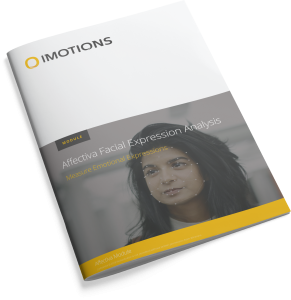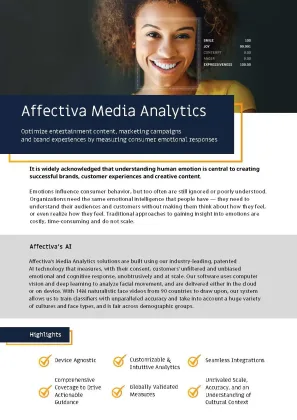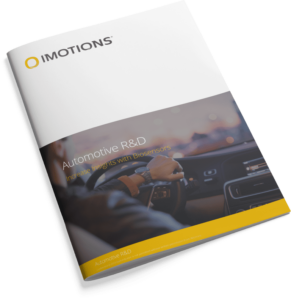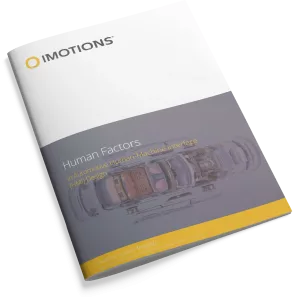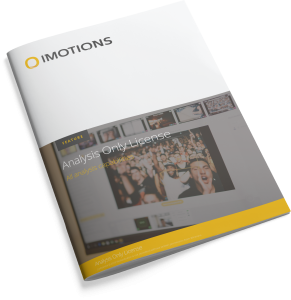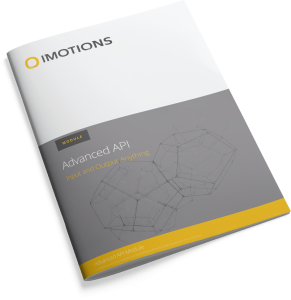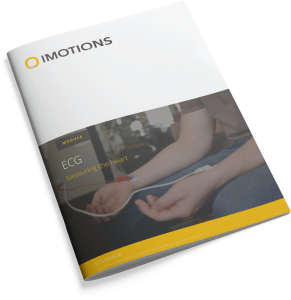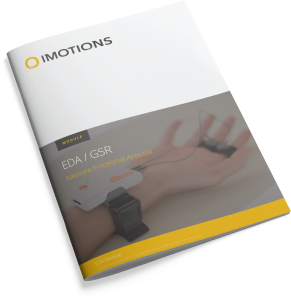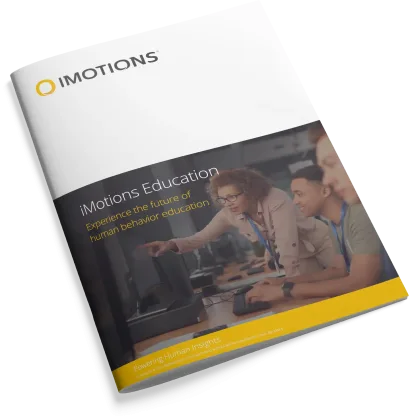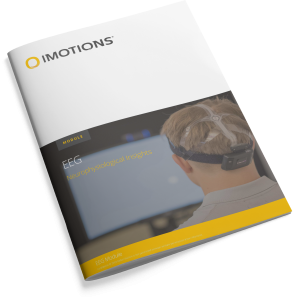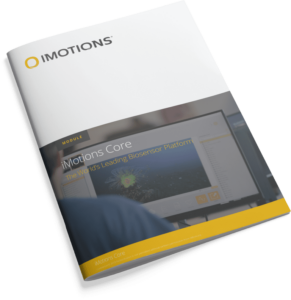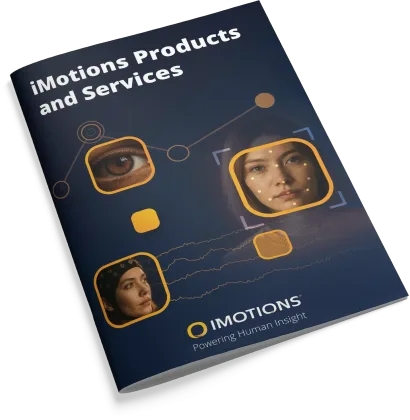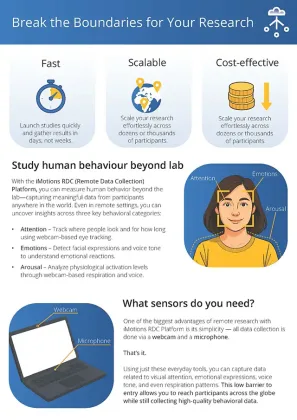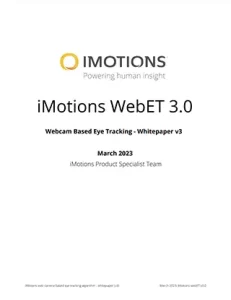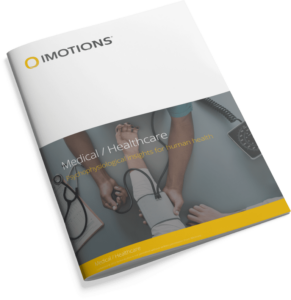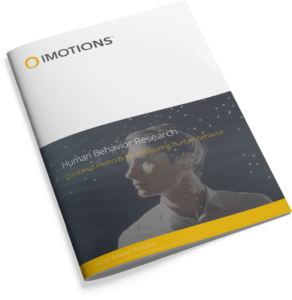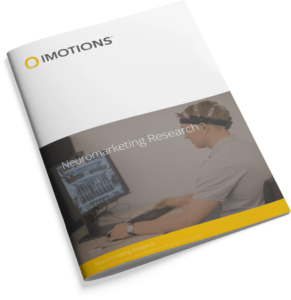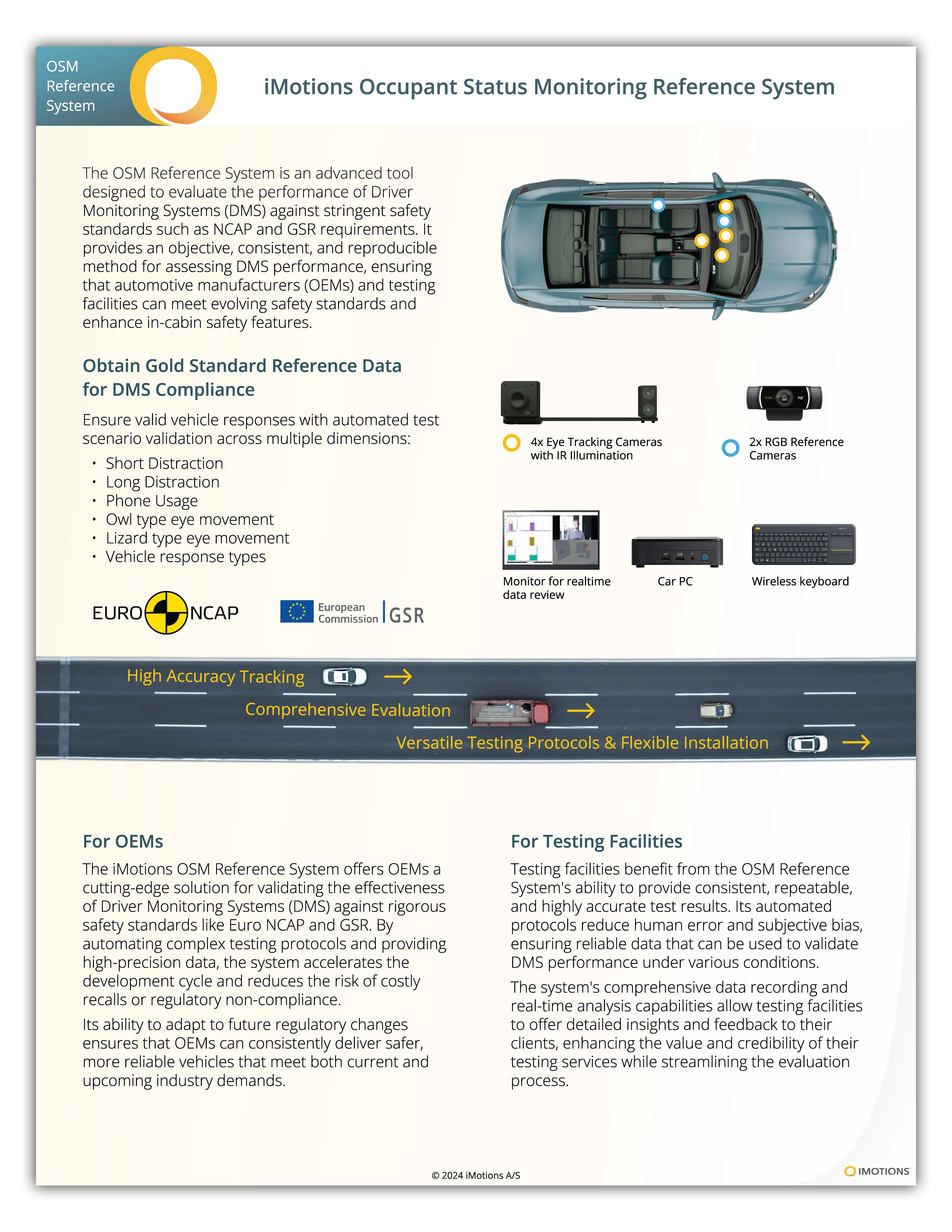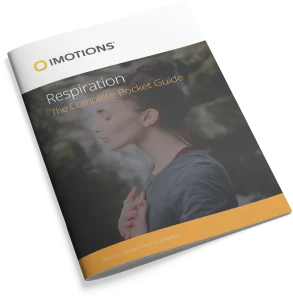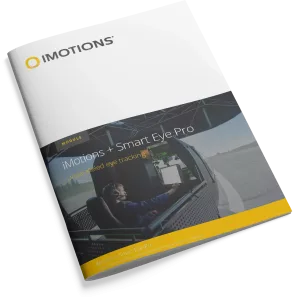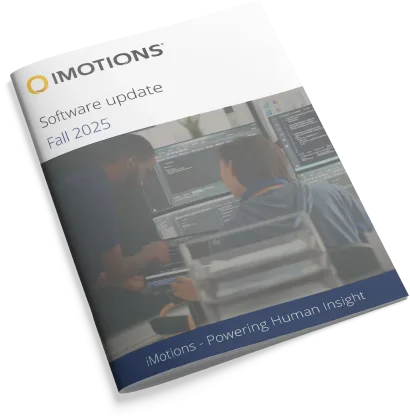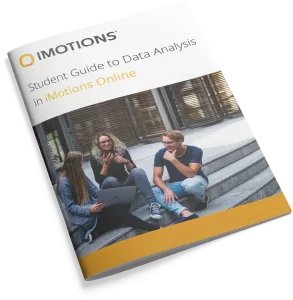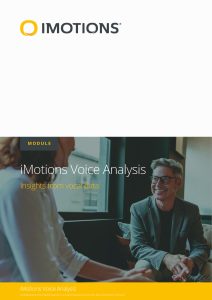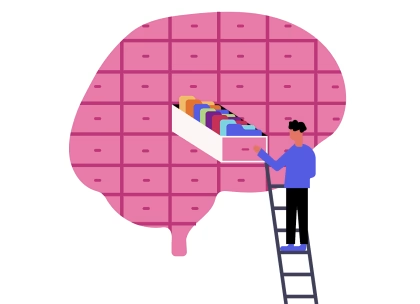Abstract: For drivers on monotonous routes, cognitive fatigue causes discomfort and poses an important risk for traffic safety. Countermeasures against this type of fatigue are required and thermal stimulation is one intervention method. Surprisingly, there are hardly studies available to measure the effect of cooling while driving. Hence, to better understand the effect of short-term cooling on the perceived sleepiness of car drivers, a driving simulator study (n ¼ 34) was conducted in which physiological and vehicular data during cooling and control conditions were compared. The evaluation of the study showed that cooling applied during a monotonous drive increased the alertness of the car driver. The sleepiness rankings were significantly lower for the cooling condition. Furthermore, the significant pupillary and electrodermal responses were physiological indicators for increased sympathetic activation. In addition, during cooling a better driving performance was observed. In conclusion, the study shows generally that cooling has a positive short-term effect on drivers’ wakefulness; in detail, a cooling period of 3 min delivers best results.
Keywords:
- Fatigue countermeasures
- Cooling
- Driver sleepiness
- Thermal stimulation



